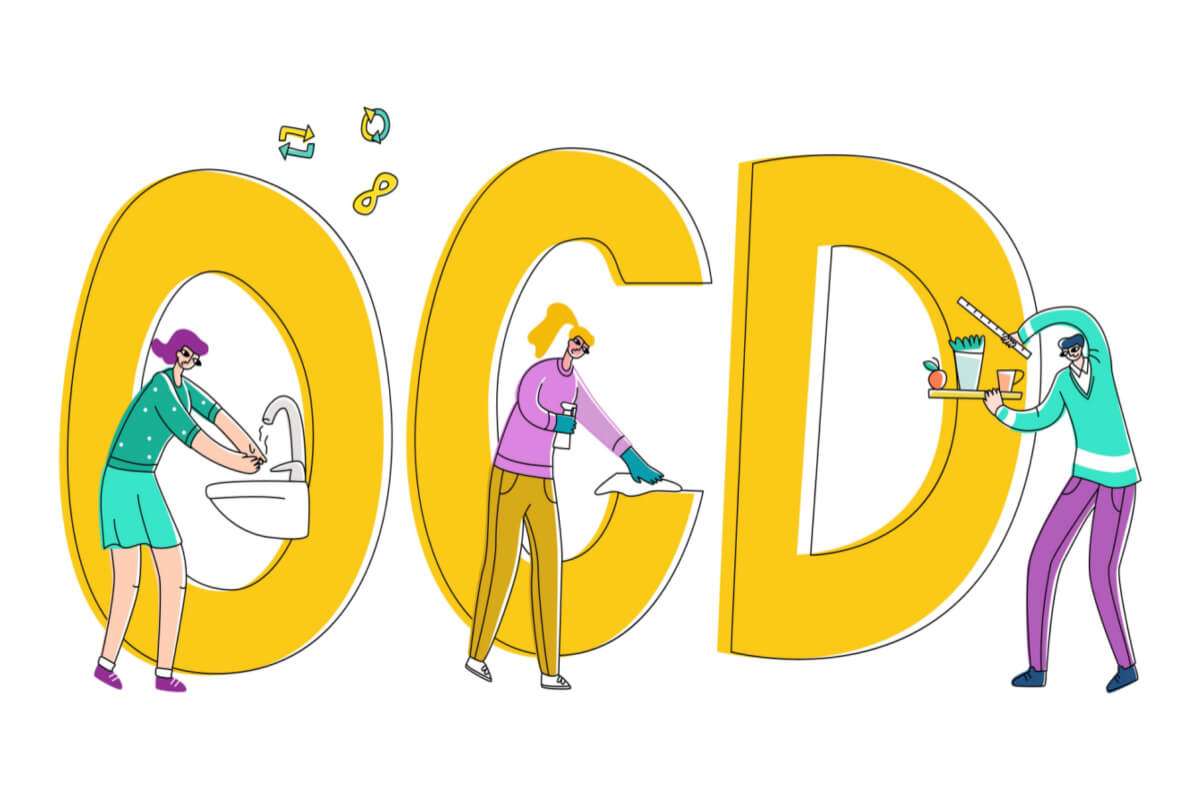Introduction:
OCD test for adults is a vital step in identifying obsessive-compulsive disorder (OCD), a mental health condition that affects millions worldwide. Characterized by intrusive thoughts (obsessions) and repetitive behaviors (compulsions), OCD can significantly impact daily life. Early detection and accurate diagnosis through reliable methods, including an OCD test for adults, are crucial for effective treatment. This guide explores five trustworthy ways to help individuals recognize their symptoms and seek professional help.
What Is OCD?
Obsessive-compulsive disorder (OCD) is more than just a preference for cleanliness or orderliness. It is a complex condition that affects how individuals think and behave. Adults with OCD may experience distressing and intrusive thoughts, leading to repetitive actions they recognize as irrational but feel unable to stop.
For those suspecting OCD, taking an OCD test for adults is an excellent first step toward understanding and addressing symptoms.
For individuals seeking treatment for OCD, consider consulting qualified mental health professionals such as:

Why Should You Take an OCD Test for Adults?
An OCD test for adults helps individuals identify symptoms and encourages them to seek professional diagnosis and treatment. While these tests don’t offer definitive diagnoses, they provide valuable insights into the severity of symptoms and help determine the next steps. Early testing ensures individuals get timely intervention, improving outcomes significantly.
5 Reliable Methods for OCD Tests for Adults
1. Self-Assessment Questionnaires
Self-assessment questionnaires are an accessible and convenient way to start evaluating symptoms. These tools focus on identifying common OCD symptoms, making them a popular choice for an initial OCD test for adults.
How It Works: Answer questions related to intrusive thoughts and repetitive behaviors.
Recommended Tools: Consider the Yale-Brown Obsessive Compulsive Scale (Y-BOCS).
- How It Works: The questions focus on intrusive thoughts, repetitive behaviors, and how these impact daily life.
- Recommended Tools: Several online resources offer standardized questionnaires, such as the Yale-Brown Obsessive Compulsive Scale (Y-BOCS).
- Pros and Cons: While helpful, self-assessments are not a substitute for professional diagnosis.

2. Clinical Interviews with a Mental Health Professional
A clinical interview is a comprehensive and reliable OCD test for adults conducted by a psychologist or psychiatrist. It involves evaluating symptoms, family history, and past mental health. These in-depth conversations are tailored to uncover the root causes of OCD.
- Key Features:
- Comprehensive evaluation of obsessions and compulsions.
- Discussion about family history and past mental health.
- What to Expect: These sessions are private and judgment-free, ensuring individuals feel comfortable sharing their experiences.
3. Structured Diagnostic Tools
Mental health professionals rely on structured diagnostic tools like the DSM-5 criteria for OCD. These provide a systematic framework for confirming diagnoses during an OCD test for adults.
- Example Tools:
- Purpose: These tests help differentiate OCD from other conditions, such as generalized anxiety disorder or depression.
4. Behavioral Assessments
Behavioral assessments focus on observing compulsive behaviors to understand their impact on daily life. These are often part of a thorough OCD test for adults conducted by professionals.
- Process: A mental health professional may ask individuals to describe or demonstrate their repetitive behaviors.
- Importance: This method provides insight into how compulsions interfere with daily functioning, offering a clearer picture of the severity of OCD.
5. Neuropsychological Testing
For complex cases, neuropsychological testing is a specialized OCD test for adults that evaluates cognitive functions affected by OCD, such as memory and decision-making.
- Use Cases:
- Helps identify co-occurring conditions such as ADHD or depression.
- Provides a comprehensive understanding of how OCD affects the brain.
- Availability: Often conducted in specialized mental health clinics.

Common Symptoms to Watch For
Recognizing OCD symptoms is essential before taking an OCD test for adults. Key signs include:
- Intrusive thoughts that cause anxiety.
- Repetitive behaviors aimed at reducing anxiety.
- Avoidance of certain situations or objects.
- Difficulty concentrating due to persistent worries.
What to Do After an OCD Test
If you suspect OCD based on a self-assessment or professional evaluation, the next step is to seek professional help. A mental health professional can develop a personalized treatment plan tailored to your needs.
FAQs About OCD Tests for Adults
Are OCD Tests Accurate?
OCD tests provide a preliminary understanding but are not definitive diagnoses. Always consult a professional for accurate results.
Can OCD Develop Later in Life?
Yes, OCD can develop at any age, including adulthood. Testing can help identify symptoms early.
Where Can I Take a Test?
Online tools, mental health clinics, and professionals provide various testing options. Trusted sources include the National Institute of Mental Health (NIMH) and local mental health organizations.
For More Information you can visit:
Conclusion
Taking an OCD test for adults is the first step toward understanding and managing OCD. Whether through self-assessment or professional evaluation, these tests provide invaluable insights into symptoms. If you or someone you know shows signs of OCD, don’t hesitate to seek help from a mental health professional. Early action can make a significant difference.

